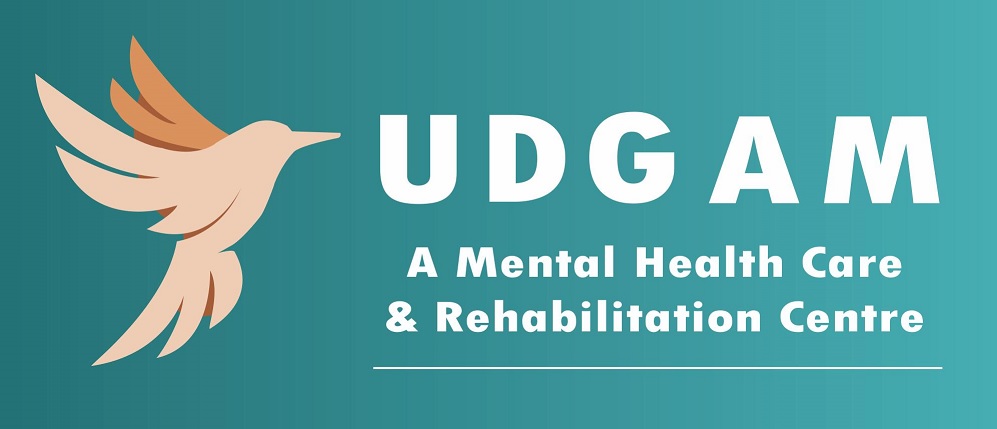
Types of Speech Disorders in Child
Speech disorders or problems can be caused by structured abnormalities and any kind of functional abnormalities due to injury, TBI, illness, hearing problems, and as a symptom of another disorder, trauma, or a neurodevelopmental disorder.
The most common problems, that can cause communication problems are
- Aphasia: when the area of the brain that works with language is affected or injured, the ability to read, write or speak a language becomes hard.
- Apraxia: when the individual can understand the language but have difficulty constructing the words they want to say.
- Speech Sound Disorder: when people are unable to form certain words or pronounce them properly. This difficulty is not due to childhood teaching or language barriers.
- Stuttering: is when an individual has a blockage or interruption in the flow of their speech.
- Expressive Disorder: this leads to difficulty in conveying information with proper sentence structure.
- Receptive Disorder: find it difficult to understand what is being said to you.
- Resonance Disorder: when your oral cavities are affected, that disrupts proper airflow, and you find it hard to make certain sounds.
How to Know If You Need Speech Therapy?
If you or a child shows symptoms of disrupted, interrupted, or absent speech, you should go to a speech therapist. In many conditions, speech delay or absence is part of the symptoms of that disease, and therefore a lot cannot be done before that major illness is treated. But speech therapy is one such medical field, where there is no limit to practice. The more you work, the better you get. In the case of children, it is beneficial if the symptoms are detected early.
The therapist first takes an assessment, to see where the problem lies. For example, if there is unclear speech, then we ensure we know the problem areas before we can plan how to move forward. Then depending on the problem, a plan is created to ensure that weak areas are targeted, along with strengthening existing skills.
What Happens During a Speech Therapy Session?
Speech therapy exercises and activities vary depending on the child’s disorder, age, and needs. During the therapy, the speech and language therapist interacts through talking and playing and using picture cards, books, and other objects as part of language interventions to help stimulate language development. Modeling of correct sounds, and syllables for a child during age-appropriate play to teach the child how to make certain sounds and pronounce certain words, through different strategies and approaches. The Parents/ caregivers are also provided with a home plan to carry forward the exercises and activities, at home too.
Is Speech Therapy the Same for Everyone?
The answer is no; it is not the same.
Every speech defect is different and every client is different. The success of therapy sessions depends on the disorder being treated, its severity, frequency of sessions, medical conditions, and age groups. Adherence to treatment and assigned activities is also important.
Send Your Message Here.

